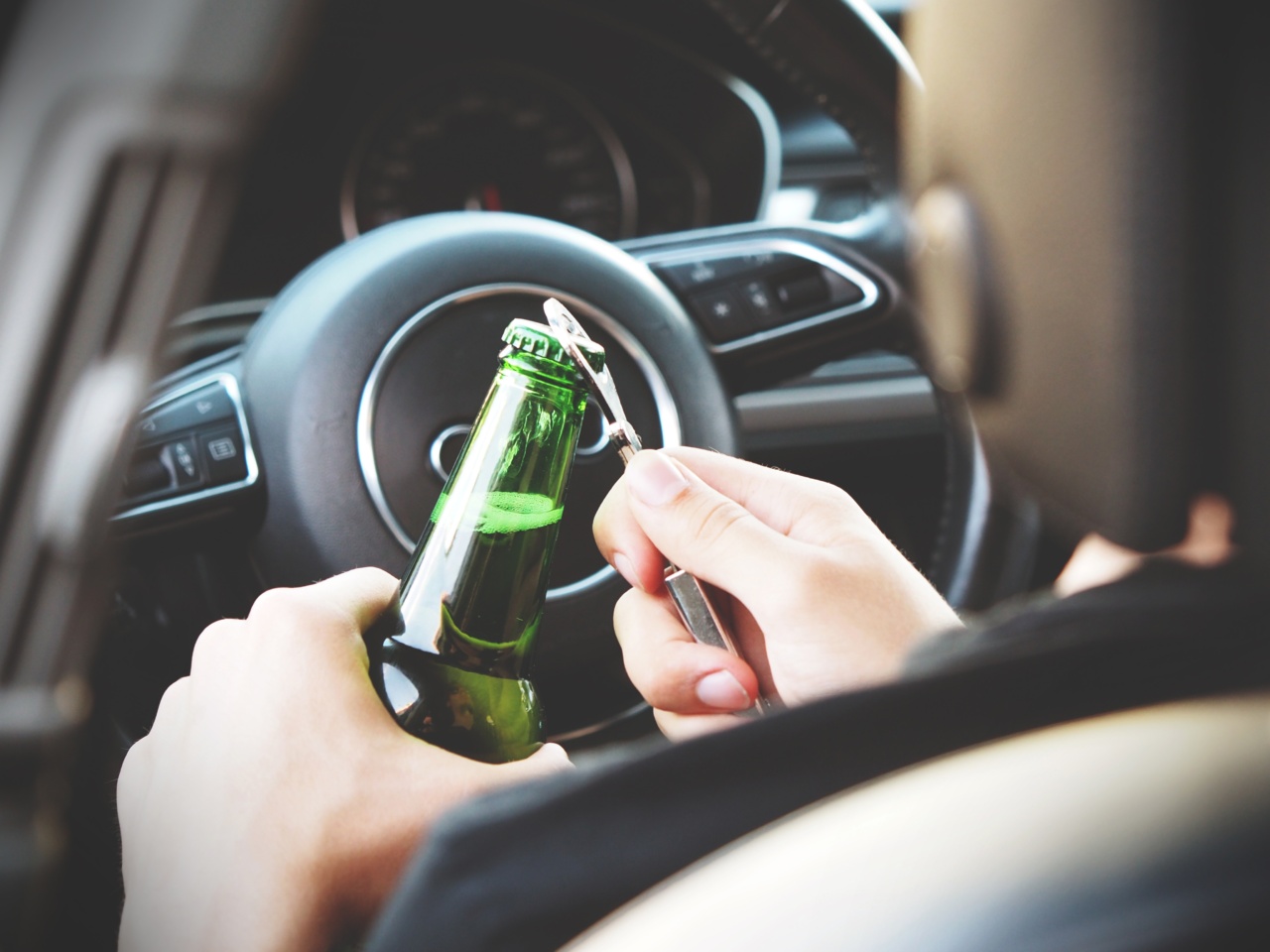Adolescence is a critical phase of development characterized by various physical, psychological, and social changes. It is during this period that individuals are particularly vulnerable to external influences and peer pressure.
One such influence that poses a significant risk during adolescence is alcohol consumption. While the legal age for alcohol consumption may vary across different countries, the dangers of drinking alcohol at a young age cannot be overstated. In this article, we will explore why drinking alcohol during adolescence is dangerous.
1. Impact on Brain Development
During adolescence, the brain undergoes significant changes and continues to develop until the mid-20s. Alcohol consumption during this crucial period can disrupt normal brain development and impair cognitive functions.
Research indicates that alcohol can interfere with the formation and connectivity of important brain structures, leading to long-term cognitive deficits.
2. Increased Vulnerability to Alcohol Addiction
The teenage brain is highly susceptible to the addictive properties of alcohol. Experimentation with alcohol during adolescence increases the risk of developing alcohol use disorder (AUD) later in life.
The younger an individual starts drinking, the greater the chance of developing dependence or addiction.
3. Physical Consequences
Adolescents who consume alcohol are more prone to engage in risky behavior. This can lead to accidents, injuries, and even fatalities.
Alcohol impairs judgment, coordination, and reaction time, making young drinkers vulnerable to accidents both on the road and in other hazardous situations.
4. Impact on Mental Health
Adolescents often face numerous emotional and psychological challenges. Drinking alcohol can exacerbate these issues and contribute to the development of mental health disorders such as depression and anxiety.
Furthermore, alcohol consumption at a young age can increase the risk of self-harm and suicidal tendencies.
5. Educational Implications
Regular alcohol consumption during adolescence can have detrimental effects on academic performance. Alcohol impairs memory, attention span, and cognitive abilities necessary for learning and retaining information.
Students who consistently drink alcohol may experience difficulties in concentration, resulting in poor academic outcomes.
6. Social Consequences
Adolescents who engage in heavy drinking or become dependent on alcohol often experience strained relationships with family, friends, and peers. Alcohol abuse can lead to social isolation, conflicts, and a decline in overall social functioning.
Additionally, alcohol-related behaviors may negatively impact future opportunities and relationships, both personal and professional.
7. Increased Risky Behaviors
Adolescents under the influence of alcohol are more likely to engage in risky behaviors such as unprotected sex, drug experimentation, and criminal activities.
Alcohol impairs judgment, reduces inhibitions, and increases impulsivity, leading to potentially life-altering consequences.
8. Long-Term Health Effects
Regular alcohol consumption during adolescence can have severe long-term health consequences. Excessive drinking at a young age increases the risk of developing liver disease, cardiovascular problems, and various types of cancer later in life.
The physical damage caused by alcohol may not manifest immediately but can have debilitating effects in adulthood.
9. Legal Consequences
Drinking alcohol during adolescence often involves breaking legal restrictions. Underage drinking can result in legal repercussions such as fines, suspension of driving privileges, or criminal charges.
These consequences not only impact the individual but can also have long-lasting effects on personal and professional opportunities.
10. Gateway to Substance Abuse
Early alcohol use has been linked to an increased likelihood of experimenting with other substances, including illicit drugs.
Adolescents who drink alcohol are more susceptible to the temptations of substance abuse, potentially leading to a lifelong struggle with addiction.
Conclusion
The dangers of drinking alcohol during adolescence cannot be underestimated.
From the impact on brain development and increased vulnerability to addiction to the physical, mental, and social consequences, the risks outweigh any perceived benefits of alcohol at a young age. It is crucial for parents, educators, and society at large to promote responsible drinking habits and provide adolescents with the necessary information and support to make informed decisions about alcohol consumption.































